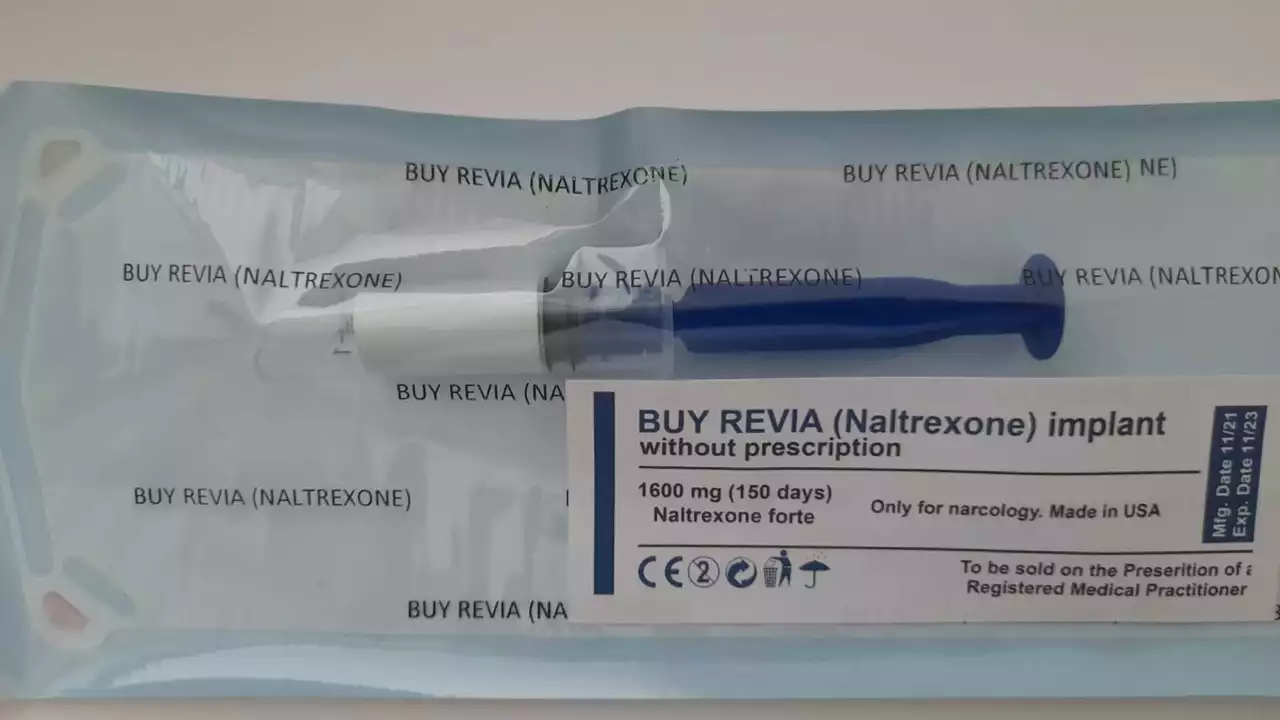Career Impact of Medications: Practical Tips for Staying Productive
If you’re taking a prescription drug, chances are you’ve wondered how it might show up at work. Some meds can boost focus, while others bring fatigue or mood swings that hurt your performance. The good news is you don’t have to guess – there are clear steps you can take to keep your career on track.
Spot the Side Effects That Matter at Work
First, know which side effects matter most in a professional setting. Drowsiness, dizziness, or vision problems can be dangerous if you’re driving or operating machinery. Mood changes like irritability or anxiety may strain teamwork and client relations. Even subtle issues – such as dry mouth or frequent bathroom trips – can distract you during meetings.
Most drug labels list common side effects, but they don’t tell you how they’ll feel in your day‑to‑day job. Talk to your pharmacist about the specific tasks you do. If you’re a pilot, for example, ask whether a new antihistamine is safe for flight duty. For office workers, focus on anything that could affect concentration or communication.
Plan Ahead: Scheduling, Dosage, and Communication
Timing matters. Some medications work best when taken with food, others on an empty stomach, and many have a “peak” hour when they’re most effective – or most disruptive. If you know the peak is late afternoon, try to schedule meetings earlier in the day.
Don’t be shy about talking to your manager if you need a short adjustment. A brief note like, "I’m starting a new medication that may cause mild drowsiness for a week – I’ll make sure it doesn’t affect my deadlines," goes a long way. Most supervisors appreciate transparency and will help you arrange flexible hours or remote work temporarily.
When possible, ask your doctor about alternative drugs with fewer workplace‑related side effects. For instance, if a certain painkiller makes you sleepy, an NSAID might provide relief without the crash. Always weigh benefits against risks – your health comes first, but career stability matters too.
Protect Your Professional Reputation
Consistent performance builds trust. If medication side effects cause occasional slip‑ups, document what happened, why, and how you fixed it. Showing that you’re proactive turns a potential negative into a demonstration of responsibility.
Maintain a healthy routine alongside your meds: regular sleep, balanced meals, and short breaks during the day. Simple habits like stretching or a quick walk can counteract stiffness from certain antidepressants or muscle relaxers.
If you’re on a medication that requires monitoring (e.g., blood levels for warfarin), keep a calendar of appointments and share updates with your employer if needed. This prevents surprise absenteeism and keeps projects on schedule.
When to Seek Help
If side effects become severe – persistent nausea, extreme anxiety, or anything that jeopardizes safety – contact your healthcare provider immediately. Switching drugs is often possible, and early intervention saves both health and career setbacks.
Remember, you’re not alone. Many professionals manage chronic conditions while thriving at work. Use resources like employee assistance programs, occupational health services, or online forums for shared experiences and tips.
Bottom line: understand your medication, adjust your schedule, communicate openly, and keep healthy habits front‑and‑center. By taking these steps, you protect both your wellbeing and your career growth.
Naltrexone and Employment: How it Affects Your Career
In my recent blog, I discussed the effects of Naltrexone, a medication used for addiction treatment, on one's career. It appears that Naltrexone can greatly improve employment prospects for those struggling with substance abuse, as it helps curb cravings and maintain sobriety. However, the potential side effects like fatigue and dizziness could potentially impact job performance. It's crucial that individuals and employers understand these implications to maintain a supportive, productive work environment. Ultimately, the benefits of treatment with Naltrexone can lead to a more stable and successful career path for those in recovery.






